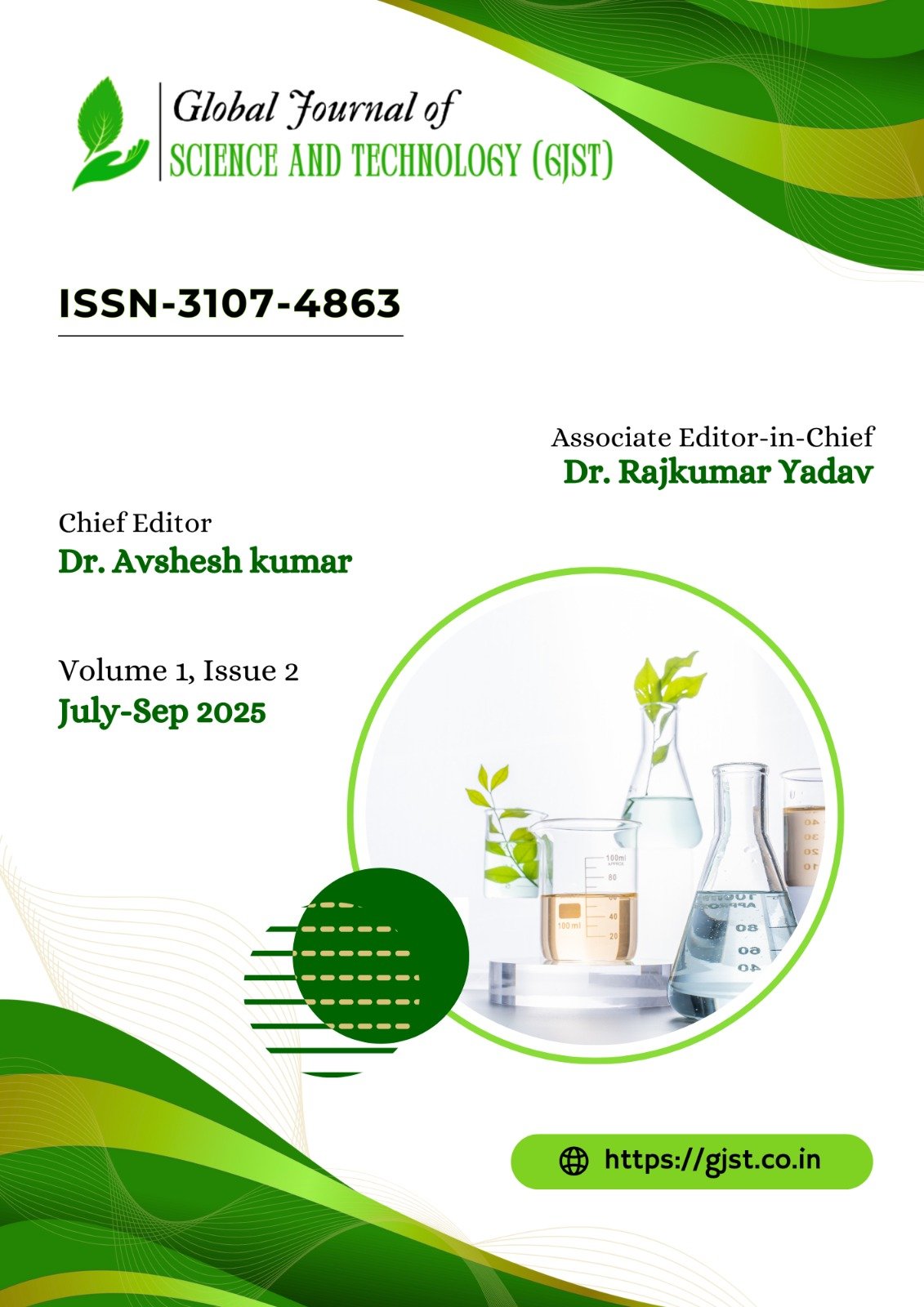GREEN CHEMISTRY APPROACHES FOR MITIGATING WATER POLLUTION: INNOVATIONS AND CHALLENGES
DOI:
https://doi.org/10.65523/gjst.2025.v1.i2.02Keywords:
Green chemistry; Sustainable water treatment; Biodegradable adsorbents; Photocatalysis; Bio-inspired nanomaterials; Eco-remediation; Water sustainabilityAbstract
Water pollution remains one of the greatest threats to environmental sustainability and human health in the 21st century. Conventional remediation strategies—such as chlorination, coagulation, and activated carbon adsorption—while effective, are resource-intensive, costly, and generate secondary pollutants. The principles of green chemistry, emphasizing sustainability, waste minimization, and the use of renewable feedstocks, offer promising alternatives for addressing water contamination. This review consolidates research on biodegradable adsorbents, plant-based coagulants, solar-driven photocatalysis, bio-inspired nanomaterials, and waste-to-resource innovations. It examines their effectiveness in removing heavy metals, pesticides, pharmaceuticals, dyes, and microplastics, while critically evaluating limitations such as scalability and by-product formation. The integration of green chemistry approaches into environmental management and policy frameworks is highlighted, alongside future directions for achieving clean and sustainable water resources.



